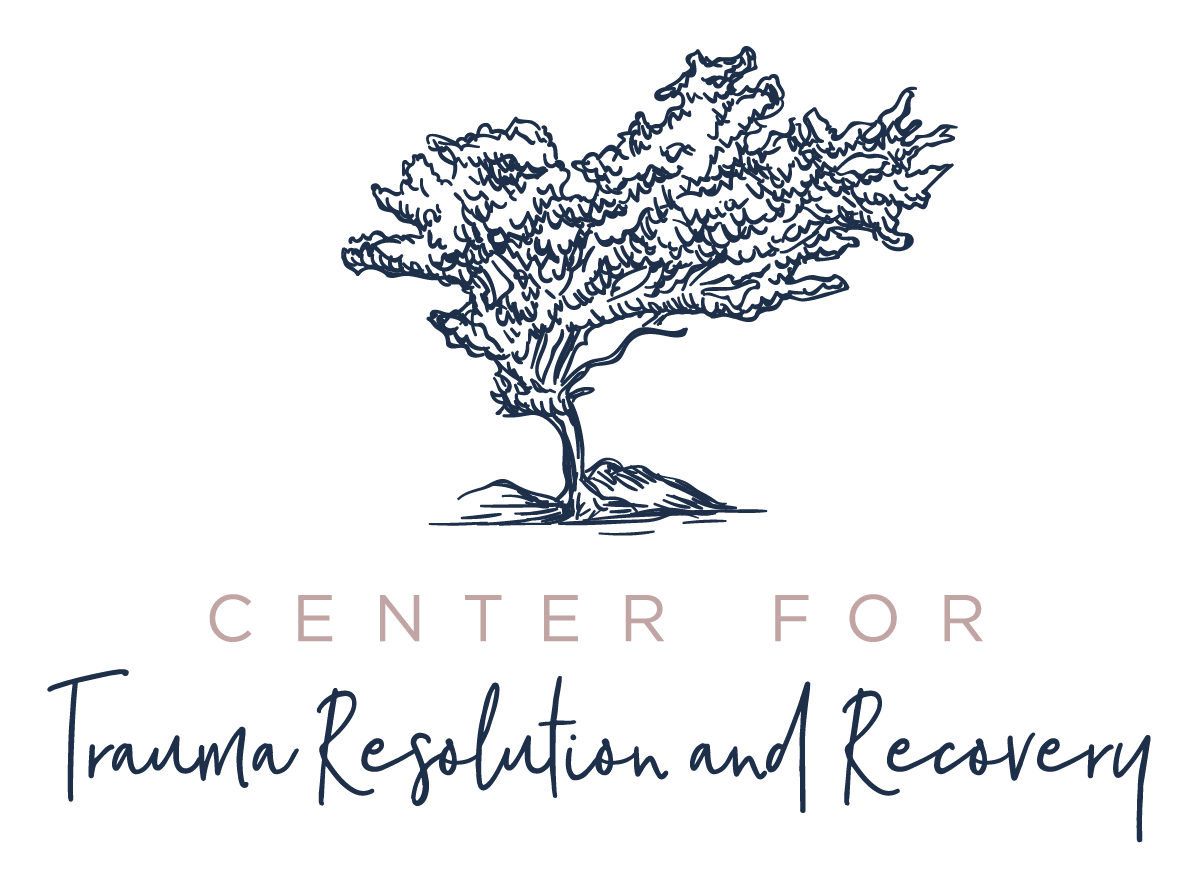You Are Good
I vividly recall, over a decade ago, having the "epiphany" that humans are inherently good, not sinful. This realization transformed my relationship with myself and my practice as a counselor. Like so many of you, I was raised (and the systems around me were built) with a core tenet of our theology that humans are sinful, wicked, and deceitful, by nature. The whole gospel was based on this: We are depraved humans who need a Savior. You know the plot line - enter Jesus, the blessed, spotless Lamb of God who takes away the sins of the world. The problem with being inherently flawed is that this view assumes we need something or someone outside of ourselves to be good (e.g., Jesus, Holy Spirit, church, Christian service, etc.). But sitting in the counselor chair for the first time in my mid-twenties made me call all my beliefs into question as I heard people share about some of their most challenging experiences in life. Instead of depraved humanity, I noticed that humans have an inherent moral compass and a navigating force toward love, acceptance, and peace.
I wrestled with changing my view of human nature. I could hear a little voice outside of me saying "Blasphemy! Believing someone is inherently good directly contradicts Scripture." You see, I went to Bible college and was taught how to know whether or not something is true. According to the authorities (mostly white, male, fundamentalists), Scripture, tradition (historical theology), and experience are all acceptable ways of knowing, but the Bible is by far the surest way to know. Yet as I opened myself to the world and myself, I discovered many more ways of knowing: Lived experience, bodily cues, emotions, observing the rhythms of nature, science, and culture.
The older I get, the more this insight about inherent goodness is affirmed. Years later, I am a mother of three girls. I cannot fathom looking at my newborn child and thinking, "Your heart is wicked by nature." As I watch my children grow, everything in my being recognizes pure light, love, creativity, and a simple wisdom and wonder about life. It is positively yummy. Even when my kids throw tantrums or scream "no" in my face, I see normal human development and emotional ranges in full swing. I cannot fathom believing or saying to them, "This is because you're a depraved, sinful human." Side note: I've witnessed the effect of this message in stunted emotions (“My anger is not okay”), shame ("I am bad because I cannot act properly"), and perfectionism ("Be good, all the time") to name a few.
Fast forward a few more years and I discovered IFS (Internal Family Systems), a theory within counseling that builds on this belief that our truest nature is good. IFS theory says within everyone is a grounded "Self" energy which cannot be tainted (it is good and nothing can change it). This Self is characterized by traits like calmness, curiosity, open-heartedness, creativity, and courage. The importance of this is that when in relationship with Self, there can be internal healing. I have experienced this with my own therapeutic coach, and witness it regularly as I coach my clients. I see myself and my clients as already having all we need within ourselves, sometimes we just need help reconnecting to our inherent goodness. Rather than going down a path in search of something/someone outside of ourselves, we embark on a journey toward ourselves. The path is no longer outward, but inward; it is a journey toward "home."
Switching our view from inherently sinful to inherently good offers potential for mental health gains. We can trade self-doubt for self-trust. Rather than defaulting to someone or something else as the authority on our lives, we can find confidence in knowing what we want and need. Instead of shame ("I am bad"), we might discover self-worth ("I am good. I am enough."). We can release chasing perfectionism and rather find the beauty in our humanity. Contrary to what was taught in Sunday school, we are inherently good. So trust thyself, dear ones.
Written by Tami Widmer
